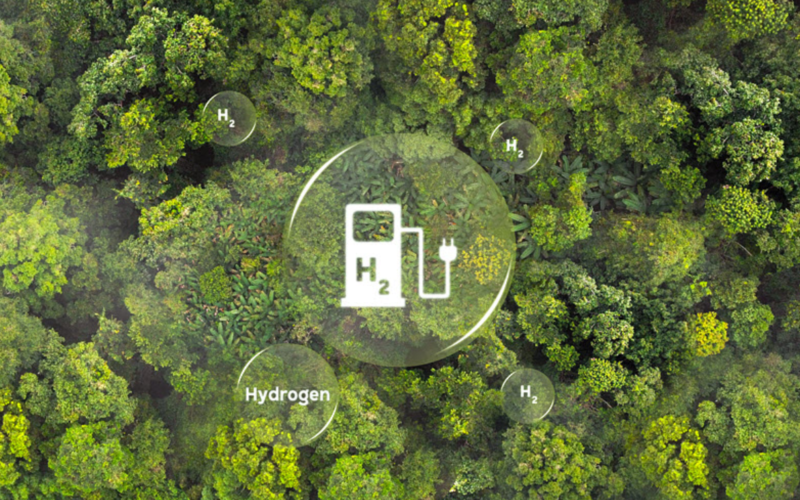In the picturesque landscapes of eastern France, and in various corners of the globe, the discovery of deposits containing natural hydrogen has ignited excitement over the potential for abundant and sustainable power. However, amid this enthusiasm, a myriad of questions linger, casting a spotlight on the complexities and uncertainties surrounding the extraction and utilization of this promising energy source.
The revelation of natural hydrogen deposits in eastern France serves as a beacon of hope for proponents of clean energy solutions. Hydrogen, touted as a versatile and environmentally friendly fuel, has garnered increasing attention as the world seeks alternatives to traditional fossil fuels. The prospect of harnessing hydrogen from natural reserves presents an opportunity to diversify the global energy mix and reduce reliance on carbon-intensive sources.
As the spotlight turns to these natural hydrogen deposits, questions arise concerning the viability, scalability, and environmental impact of extraction methods. The nascent nature of this endeavor prompts inquiries into the economic feasibility of large-scale extraction and the potential ecological footprint associated with tapping into these subterranean reservoirs.
The phenomenon of natural hydrogen deposits extends beyond the borders of France, with other regions worldwide exploring similar possibilities. From Asia to the Americas, countries are keenly investigating the prospect of leveraging natural hydrogen to meet their energy needs sustainably. This global interest underscores the potential of hydrogen as a key player in the transition to a cleaner, greener energy landscape.
However, as with any emerging technology, challenges and uncertainties abound. The efficiency of extraction processes, the cost-effectiveness of production, and the establishment of a robust infrastructure for storage and distribution are critical aspects that demand careful consideration. Moreover, concerns related to environmental impact and the carbon footprint of hydrogen production must be addressed to ensure the net benefit of this energy source.
In navigating these uncharted waters, collaboration between governments, industries, and environmental experts becomes pivotal. Establishing comprehensive regulatory frameworks, investing in research and development, and fostering international cooperation will be key components in realizing the full potential of natural hydrogen reserves while mitigating potential risks.
In conclusion, the revelation of natural hydrogen deposits in eastern France and across the globe heralds a promising era in the pursuit of sustainable energy solutions. However, the path forward is riddled with uncertainties, prompting a need for careful deliberation, collaboration, and innovation. As the world grapples with the challenges of transitioning to cleaner energy sources, the exploration of natural hydrogen reserves stands as a compelling chapter in the ongoing quest for a more sustainable and resilient energy future.








